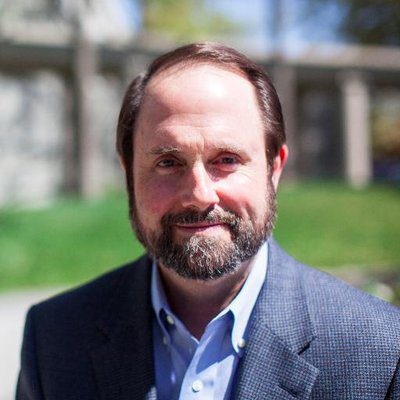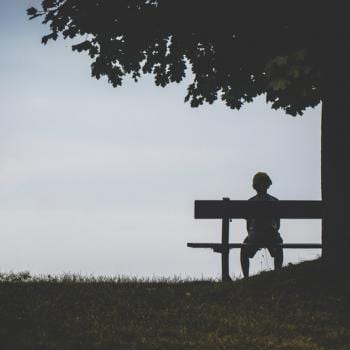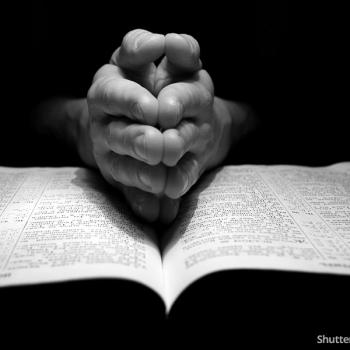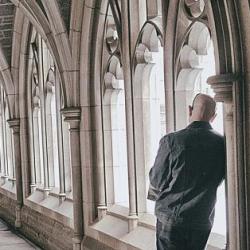The street artist Banksy has unveiled new artwork that captures the ethos of this moment.
He depicts a child playing with a nurse doll wearing a face mask and cape. Figures of Batman and Superman lie in a wastebasket on the floor. The artist donated his work to the University Hospital Southampton in the UK.
Healthcare workers are our new superheroes. Researchers seeking therapies and vaccines for COVID-19 are our harbingers of hope.
As the coronavirus pandemic continues, no one is certain where we’re going, but it seems certain that it’s nowhere we’ve been before.
But that’s not really true.
The Antonine Plague (AD 165) killed over five million people. During the Plague of Justinian (AD 541–42), as much as 50 percent of the European population perished. The Black Death (1346–53) killed between seventy-five and two hundred million people. The influenza epidemic of 1918 killed an estimated fifty million.
Since then, however, advances in medical science have fostered the illusion that death can be managed.
I live each day in the belief that with diet and exercise, I can avoid heart disease or stroke. Since I don’t smoke, I won’t get lung cancer. Since I don’t drink alcohol, I won’t die of cirrhosis of the liver. So long as I continue to get regular check-ups, my doctor will diagnose cancers or other diseases before they can kill me.
But none of that is really true.
A dear friend died recently of a massive heart attack. So far as I know, he had no preexisting conditions and seemed to be in excellent health. His sudden death reminds me that the same could happen to me today.
Medical advances may extend my life, but they cannot prevent my eventual death.
Those who lived in days of plague, influenza epidemics, smallpox, polio, and other infectious outbreaks learned from personal experience what we need to remember: we are “a mist that appears for a little time and then vanishes” (James 4:14). This is because “our days on earth are a shadow” (Job 8:9).
Here’s the paradoxical truth: one of the ways God redeems the fact of our mortality is by using it to help us live our best life.
If you knew that you would die next month of COVID-19, what would you do to prepare? Whom would you forgive or seek forgiveness from? What would you do or stop doing? What changes would you make to prepare to meet God?
Isn’t it true that making these changes is the best way to live, even if you were to live another thirty years?
Jonathan Edwards resolved “that I will live so as I shall wish I had lived when I come to die.” Before he died, he helped spark the First Great Awakening, became president of the College of New Jersey (later Princeton), and is widely considered America’s greatest theologian.
Edwards was right to live each day in light of his death: he died at the age of fifty-five from the new smallpox vaccination.
I have led more than thirty study tours of the Holy Land. Each time, we climb to the top of the remains of Megiddo, that ancient fortress that looks out over the expansive plain known in English as Armageddon (Revelation 16:16).
Each time, I remind the group (and myself) that we are one day closer to eternity than ever before. And we have only today to be ready.
What if it were today?














